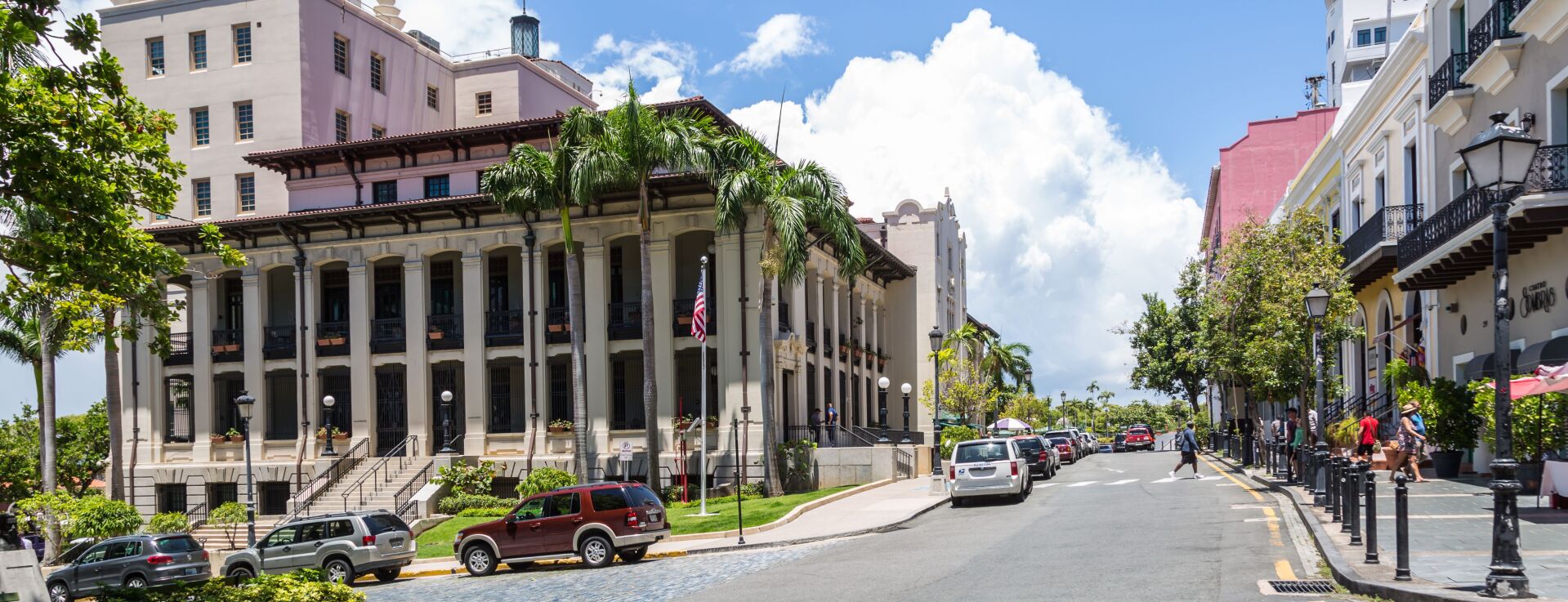Colonialism’s Shadow Hangs Over First Circuit Puerto Rico Trips
The specter of colonialism continues to cast its shadow over Puerto Rico, as evidenced by the recent First Circuit trips that have reignited discussions on the island's historical and contemporary struggles. This article delves into the complexities surrounding these trips and examines how the echoes of colonialism persist in Puerto Rico's socio-political landscape.

To comprehend the significance of the First Circuit trips, it is crucial to revisit Puerto Rico's history. The island has endured centuries of colonization, first under Spanish rule and later as an unincorporated territory of the United States. The legacy of this colonial past lingers, shaping the island's identity, economic structure, and political dynamics.
The First Circuit trips, often seen as routine judicial visits, have gained heightened attention due to their potential implications on Puerto Rico's legal and political autonomy. Critics argue that these visits reflect a paternalistic approach, reminiscent of colonial oversight, and underscore the persistent power dynamics between the mainland and the island.
The legal implications of the First Circuit trips are multifaceted. Advocates for Puerto Rican autonomy express concern that these visits may influence judicial decisions, potentially undermining the island's ability to shape its legal framework independently. The tension between local legal autonomy and federal oversight encapsulates the ongoing struggle for self-determination.
Colonial legacies also manifest in Puerto Rico's economic challenges. The island's status as a territory places it in a unique position, subject to federal policies that impact its economy. The First Circuit trips shed light on the economic disparities exacerbated by historical injustices, prompting a reevaluation of the economic relationship between Puerto Rico and the mainland.
Puerto Rico's political status remains a contentious issue, with divergent views on statehood, independence, or maintaining the current territorial arrangement. The First Circuit trips intensify discussions about the island's political autonomy, with some questioning the extent to which Puerto Rico can assert its self-governance in the face of historical imbalances.
Beyond the legal and economic dimensions, the First Circuit trips evoke questions about cultural identity. Puerto Rico's rich cultural heritage has often been overshadowed by external influences, and the perception of the trips as a form of paternalism rekindles debates about preserving and celebrating the island's unique identity in the face of historical challenges.
.png)


.jpg)



